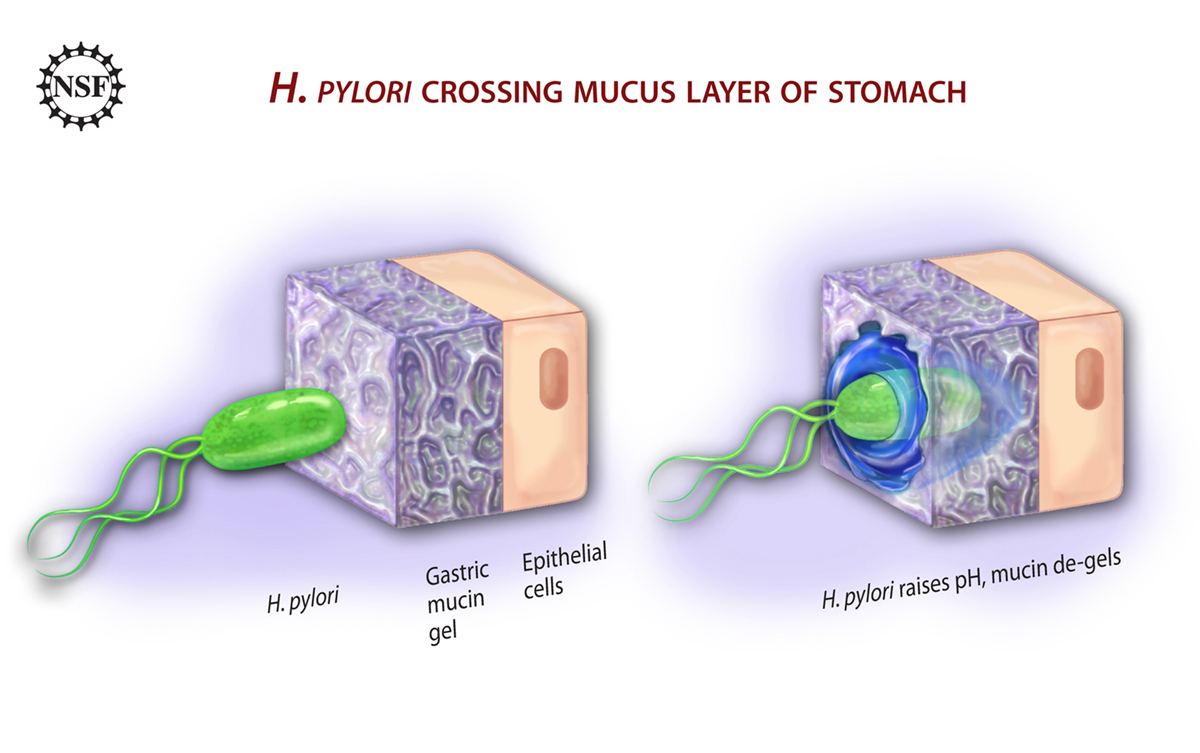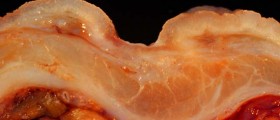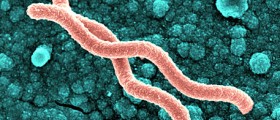
To understand how to treat a peptic ulcer, it is the first important to understand what an ulcer is and how it can develop.
In order to digest food, the stomach must produce acid that will break down the food. The lining of the stomach and initial part of the small bowel have a layer of mucus with the job of protecting the stomach from this acid. However, when this protection mechanism does not work the way it should, the acid will eat away at the lining of the stomach and an ulcer will develop.
Stomach and small bowel ulcers are known as peptic ulcers.
Stomach ulcers mostly affect middle-aged and older people, especially between the ages of 40 and 80, and they are more common in women than men.
The size of the ulcers can vary, and they look similar to what a mouth sore would look like.
It is important to note that sometimes, when someone has a peptic ulcer, that person does not experience any symptoms. Some people will feel a painful sensation in the stomach region, which usually occurs under the breastbone. People who have it describe the pain as a burning or gnawing pain, and it could extend to the back in some cases. The pain is usually experienced directly after a person has eaten if it is a stomach ulcer, and about one to three hours after eating in the case of a small bowel ulcer.
Sometimes the pain is so bad that it can keep people up and wide-awake at night.
There are other symptoms to be noted as well, including heartburn, a bitter taste in the mouth, vomiting, difficulty swallowing food, unintentional weight loss, blood in vomit and bowel movements, and the aforementioned severe and sudden pain in the stomach and abdominal area.
Some people do not experience any complications with peptic ulcers; however, there are those that do.
Sometimes, ulcers can cause the lining of the stomach or small bowel to begin to bleed. If this occurs, some of the symptoms that will give it away are bloody vomit and dark feces that look like black tar.
If the bleeding is slow, then the person might not notice it in the vomit or stool, but over time, that person could develop anemia, which is a condition when there are not enough red blood cells or hemoglobin in the blood.
In some cases, the ulcers can eat very deep into the wall of the stomach and small bowel and make a hole in the abdomen. This is called a perforation and will require immediate surgery.
The best way to prevent or treat the ulcer is with medication from the doctor and making life changes, such as eating healthier, drinking less alcohol, eating less spicy food, stopping smoking, and not taking painkillers that will further upset the ulcer.
The best medications for treating the ulcer are proton pump inhibitors and H2-blockers.

















Your thoughts on this
Loading...